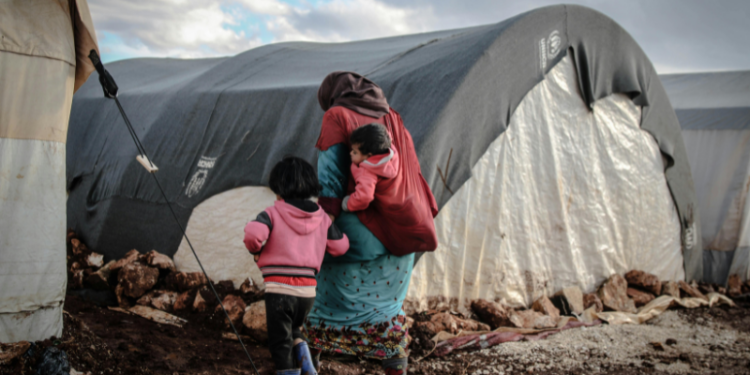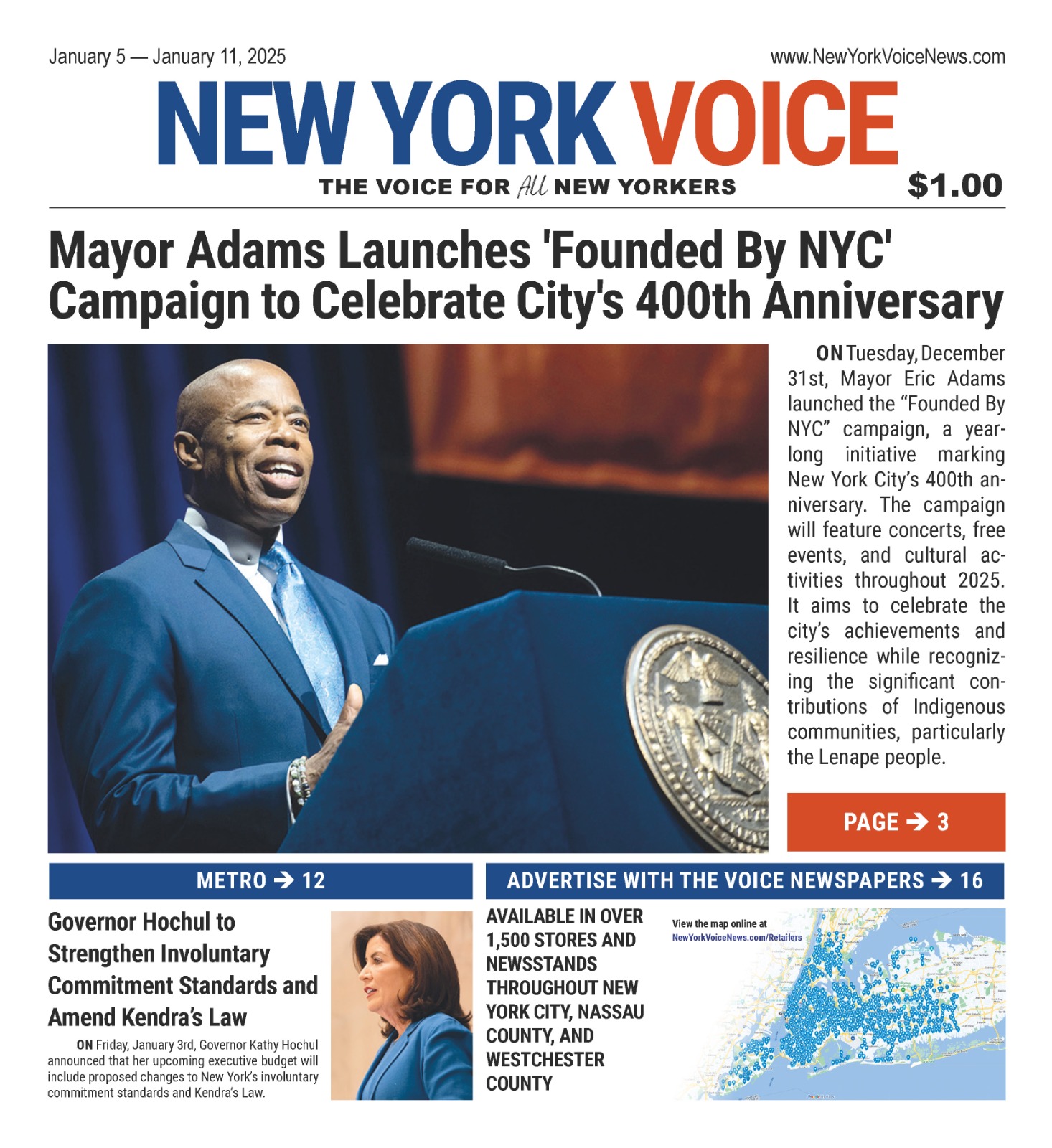The United Nations Development Programme (UNDP) published a striking report on Thursday, October 17th, revealing that 1.1 billion people worldwide are living in acute poverty. The report, produced in collaboration with the Oxford Poverty and Human Development Initiative (OPHI), highlighted the severe impact of multidimensional poverty, particularly in conflict-affected regions, where poverty rates are significantly higher. Of the 1.1 billion affected, 455 million reside in countries experiencing conflict.
According to the report, poverty in conflict zones is exacerbated by a lack of access to basic necessities such as adequate housing, clean water, electricity, and education. UNDP’s Achim Steiner stated, “Conflicts have intensified and multiplied in recent years, causing widespread disruption to lives and livelihoods.” The study found that children are disproportionately affected, with 584 million under the age of 18 living in extreme poverty—making up 27.9% of the world’s children, compared to 13.5% of adults.
The Multidimensional Poverty Index (MPI) used in the report covers 112 countries, representing 6.3 billion people. The index measures deprivation across various factors, including nutrition, sanitation, and access to essential services. Notably, the report found that 83.2% of the world’s poorest people are concentrated in Sub-Saharan Africa and South Asia.
India has the highest number of people living in extreme poverty, with 234 million affected, followed by Pakistan, Ethiopia, Nigeria, and the Democratic Republic of the Congo. Combined, these five countries account for nearly half of the world’s poorest population. Sabina Alkire, Director of OPHI, emphasized the urgency of addressing poverty in conflict areas, stating, “We cannot end poverty without investing in peace.”
The report also highlighted the challenges of reducing poverty in conflict zones, where efforts are slower and often impeded by ongoing violence. In these regions, the struggle for survival is compounded by insecurity, with basic needs such as food, water, and shelter becoming far more difficult to access.
This latest UN report underscores the dire need for global action to address poverty, especially in areas devastated by conflict, where the poorest populations are being left behind in efforts to achieve peace and prosperity.










